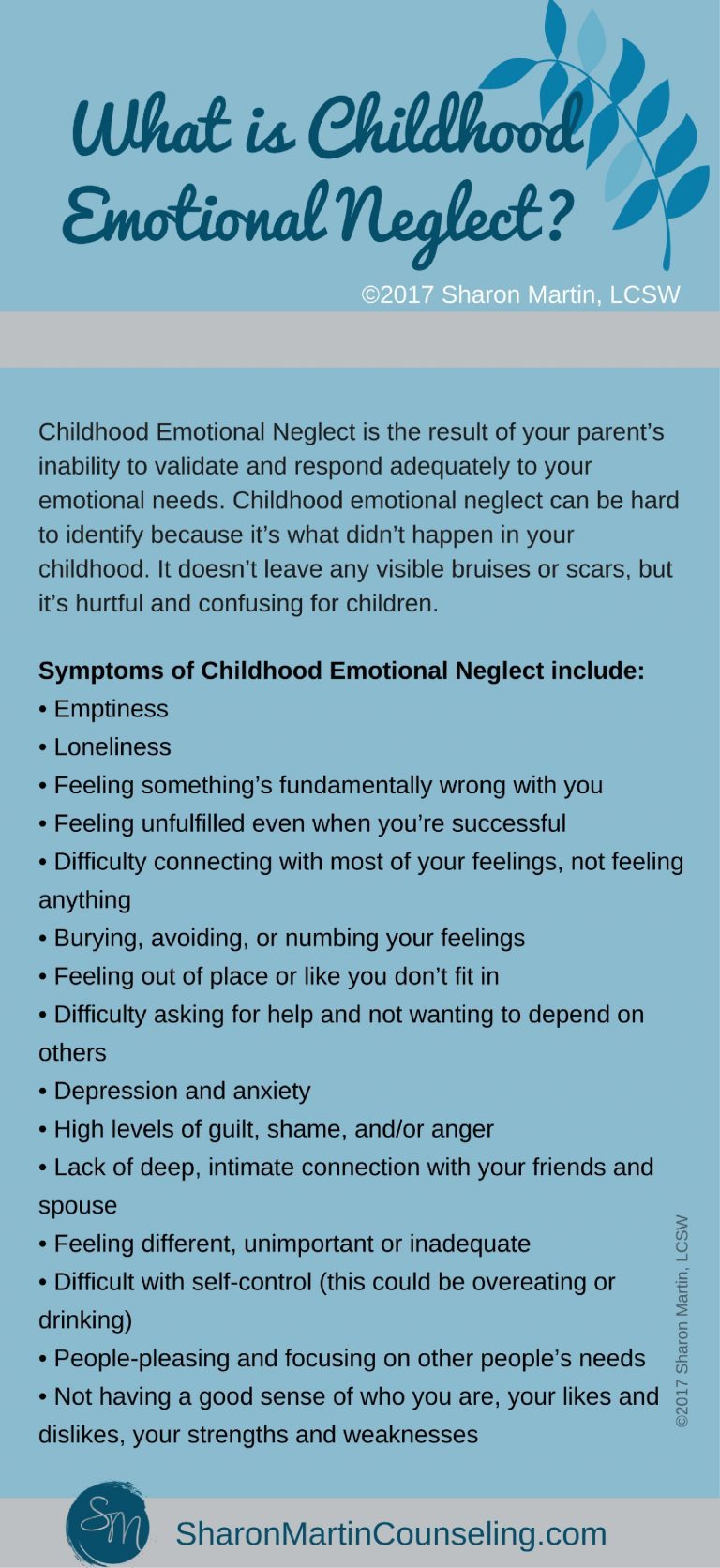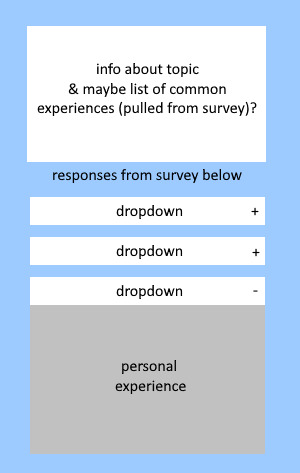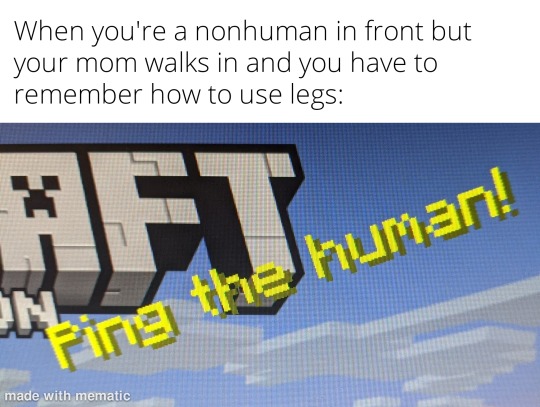#actuallytraumagenic
Text
1. hyperfixate on system
2. start to categorize system and take notes
3. become dissociated and blurry for __ hours
4. repeat steps 1 thru 3 until desired results
#did system#actuallytraumagenic#actually did#just system things#osdd system#system stuff#quantum thoughts#did memes#did#osddid#osdd
731 notes
·
View notes
Text
Things that can happen in DID/OSDD but people don’t talk about them as much:
An alter being co-conscious or influencing you without you knowing.
Being aware of a co-con alter but not knowing who they are.
Having difficulty telling apart your inner experiences. (Was that an alter or was I just feeling differently or was I just daydreaming?)
Having difficulty identifying your own emotions. (I feel “something”)
Knowing how to do something yet feeling like you don’t or shouldn’t know how to do it. (How do I know how to use this phone? I feel like it’s 1998 when I didn’t know what a phone was yet.)
Being in a familiar place/situation yet feeling confused, like it’s unfamiliar. (I’ve lived in this house for 7 years but I feel like this is my first time ever being in it.)
Being confused that your body is smaller/taller than you thought.
Feeling or being unable to do things that you normally can do at other times. (I just couldn’t drive the other day. I don’t know how. I just forgot how to do it.)
Things that happened a few days ago feel like months ago, or things that happened months ago feel like a few days ago.
Experiencing pain, headaches, visual impairment, or other physical symptoms that doctors can’t find a cause for.
Waking up as a different alter than the one who went to bed.
A co-conscious alter being able to influence or take control of certain body parts (like using the arms to hold & comfort you).
Being unable to tell if you’re dreaming or awake.
Feel free to add on!
#actuallydid#actuallyosdd#actuallydissociative#actuallytraumagenic#dissociative identity disorder#sunflower posts
2K notes
·
View notes
Note
could you maybe explain emotional neglect? I am questioning OSDD and don't know what counts as emotional neglect (especially when physical neglect isn't present)
/no pressure
Emotional neglect is a form of child abuse.
Emotional neglect can be defined as a relationship pattern in which an individual’s affectional needs are consistently disregarded, ignored, invalidated, or unappreciated by a significant other or caregiver.
When this type of abuse occurs in childhood, it can lead to significant disruption to mental growth, health, and behaviour in adulthood.
Emotional neglect is the main cause of complex PTSD.
I really, really like the way this therapist writes about it. It's clear, easy to read and understand, and points out a lot of the nuance in experiencing and spotting emotional neglect.
"Many people who experienced Childhood Emotional Neglect (CEN) describe their childhood as “good” and it’s only on closer examination that they recognize that something important was missing."
"Significant, but invisible, damage is done when parents fail to meet their children’s emotional needs. Childhood Emotional Neglect is the result of your parent’s inability to validate and respond adequately to your emotional needs. Childhood emotional neglect can be hard to identify because it’s what didn’t happen in your childhood. It doesn’t leave any visible bruises or scars, but it’s hurtful and confusing for children."
"Many people who experienced Childhood Emotional Neglect grew up in families without obvious dysfunction. They weren’t beaten or belittled. Their parents were well-meaning but lacked the emotional skills themselves to notice and tend to their children’s feelings. Such parents never learned to cope with their feelings or express them in healthy ways and don’t know how to deal with their children’s feelings either."
"When your emotional needs aren’t met and your internal state isn’t acknowledged, you’ll be disconnected from yourself. You will constantly seek attention and try to prove your worth through clingy or needy behaviors, perfectionism, overworking, and achievements. But these external validations never fix the problem; they never leave you feeling good enough."

#cptsd#emotional neglect basics#did#osdd#actuallydid#actuallyosdd#actuallytraumagenic#actualllymultiple#ptsd#resources#actuallydissociative
415 notes
·
View notes
Note
Hi! On anon for my safety, but I saw the ISSTD tweeted smth on the etiology of DID and I wanted to know your thoughts on it? Mostly for processing’s sake as well, as I can struggle with understanding studies now and then
The link to the paper! http://ow.ly/r40x30mZF79
The paper is Revisiting the etiological aspects of dissociative
identity disorder: a biopsychosocial perspective. A very good one that I recommend to anyone interested in the causation of DID! I don't think I can do it justice if I tried to summarize the entire thing, so I'll just write down some bullet points of things I found interesting:
What is DID?:
DID is a complex, posttraumatic, developmental disorder that is caused by trauma in childhood (usually very early childhood).
What causes DID?:
DID arises when a child’s ability to develop an ordinary sense of self in relation to others is impeded by unintegrated trauma.
Emotional neglect by parents and/or siblings is the strongest predictor of DID (and any other dissociative disorder).
More covert trauma such as dysfunctional communication in families or subtle emotional neglect can lead to milder presentations DID.
DID VS PTSD:
Switching between alters is considered to be a more elaborated version of PTSD intrusions & avoidance.
People with PTSD & DID generally experience the same amount of feeling shame, betrayal, self-blame, anger and fear.
People with DID tend to experience more feelings of alienation, loneliness, and disconnection than people with PTSD.
DID VS normal experiences:
The human mind is naturally made up of multiple interconnected “modes” that make up their whole self.
Trauma & dissociation causes modes to become decoupled and start existing in smaller, isolated pockets.
In DID, the modes have become so disconnected that individual modes start functioning as if they, independently from each other, are the whole self.
In a non-DID brain, new modes are always being created and old modes are always being updated.
In DID, this process is impaired. New modes are created in a disjointed way, and old modes don't get updated correctly if at all.
#mod robo#actuallydid#actuallydissociative#actuallytraumagenic#did#osdd#dissociative identity disorder
727 notes
·
View notes
Text
healing from trauma is such an ordeal god made ita group project
552 notes
·
View notes
Text
Realizing that experiences or memories you thought were okay were actually traumatic is incredibly upsetting.
It's not your fault for not realizing sooner - in fact, that was your brain's way of protecting you from it. It's okay if you're struggling with denial, anger, pain, disgust, guilt or anything else whilst figuring this out.
Give yourself the space and time you need to process what you've discovered; whatever it is, it is valid, it was "bad enough", and healing is possible.
#did positivity#osdd positivity#ddnos positivity#udd positivity#traumagenic system#actuallytraumagenic#actually traumagenic#words#posipost
639 notes
·
View notes
Text

Original post
#mental health#positivity#self care#mental illness#self help#recovery#pro recovery#ed recovery#actually cptsd#actuallytraumatized#traumacore#actuallytraumagenic#actually traumatized#actually traumagenic#bpd#cpstd#mentally ill#trauma#childhood trauma#mental health awareness#actually bpd#actuallyabused#self h@rm#body positivity#body positive#tw ana trigger#tw ana diary#skinnni#borderline personality disorder#ocd
113 notes
·
View notes
Text
I wish dormancy wasn't as demonized as it is
Especially on system discords
background.
I had come out of a 4-6 year dormancy in like December. I've seen it demonized so much. Yes dormancy can be sad and confusing but dormancy is a helpful thing most of the time.
So why do alters go dormant?
They may not be needed for the system anymore for example an alter who helped with school may go dormant after the system graduates. Trauma can make alters go dormant. Or they need a break.
So why is it so bad to demonize it?
It makes it sound scary to new systems even though it is a very normal thing for systems to go through. They may even have a dormant alter right now. It can also make it hard for them to ask for help or talk about it.
#crow(he/they/it)#did osdd#anti endo#did#endos dni#actuallytraumagenic#system#did/osdd#traumagenic#dormancy
267 notes
·
View notes
Text
No one will ever really know how hard we've worked just to be in this world, to undo the damage that was done to us.
But we'll know. And that just might be enough.
71 notes
·
View notes
Text
This is the initial survey for my project to spread awareness about the diversity of systems! Please consider taking it or reblogging! More info under the read more.
It seems like a lot of people were interested in this project so I decided to take a stab at it! Creating a huge collage of personal experiences would be a really cool way to spread awareness but of course I need to collect personal experiences from the community, first.
I decided to start small and focus on a few topics that I think are often misunderstood or overlooked: nonhuman system members, introjects/fictives/factives, and fragments. Even if you don't experience any of these, please consider checking out the survey! There are still a couple questions that anyone can answer.
Now, about the project... I'm thinking we have two routes here. It can either be a website or a full on e-magazine. If it's a website, maybe it can be like one of the layouts below?


Regardless, I can only make this project with the help of the community. Please consider taking the survey!
#plurality#actuallyplural#systematicallyplural#actuallytraumagenic#actuallydid#actuallyosdd#endo safe#pluralgang
312 notes
·
View notes
Text
I saw this splash screen on Minecraft and it made me giggle

#did system#actuallytraumagenic#actually did#just system things#system stuff#osdd system#did memes#quantum thoughts
188 notes
·
View notes
Text
If you were hurt by another child in your childhood, I want you to know that you aren’t alone.
If you experienced COCSA (child on child sexual abuse), I’m here for you. If you were bullied by other children, I support you. If another child committed any sort of violence or abuse onto you, I believe you. If it was a family member, a friend, or someone who you trusted a lot, I hear you. If it was complete stranger or someone you didn’t trust at all, I see you.
I understand how incredibly complicated and agonizing it can feel to know you were traumatized by another child, while you were a child. Especially if you hurt them back or were coerced by adults to hurt each other. That shit’s incredibly tough.
But you are not alone. I believe you. Know that recovery is possible and you’re on your way, even if it doesn’t feel like you are. I promise.
#sunflower posts#trauma recovery#actuallytraumatized#actuallydid#actuallytraumagenic#recovery#positivity#trauma support#abuse tw#csa tw
620 notes
·
View notes
Text
I've heard one of my posts is causing waves
Here's some more things that are normal in DID/OSDD systems, and some weird myths, in no particular order
- Not realizing you're a system until later is normal (average age of system discovery is 18-21)
- It's rare for children to display distinct alters (not impossible, just a rare occurrence in a rare disorder (based on numbers, it's considered rare, yes), alters tend to form in mid-teens)
- Feeling as though you "created" an alter is normal (related to unconscious feelings of control over an uncontrollable situation, and/or tricking yourself into an explanation, also, if you have a need to be filled, the brain WILL provide)
- "mixed origin systems" are totally normal for DID/OSDD. I have a couple alters that could be considered "endogenic", but I'm really just... DID, with normal alters forming in normal ways
- Alters forming at any age/time is normal (you can form a brand new alter at fifty, after having undergone complete fusion, once the ability is there, it's always possible to split)
- Alters don't always appear immediately after a traumatic event (alters can take YEARS to come to front after forming, making it impossible to tie them to specific events unless THEY'RE aware of the connection)
- Alters can form from stress, not just trauma (and the brain is notoriously good at hiding how stressed you are from yourself)
- Comfort splits ARE normal in DID/OSDD
- The amnesia criteria in DID doesn't mean you need to experience amnesia day-to-day, you still have DID if you can't remember childhood events but have good communication now
- The dysfunction criteria is redundant and circular, where the symptoms themselves fulfill the criteria, and as per the DSM, doesn't imply any inherent need for treatment or distress-- so being happy, loving your system, feeling like your system helps you more than it hinders you, all normal (and good!) but still DID/OSDD
- OSDD 1a does not involve alters as they're known, but states or modes that influence you, and amnesia occurs during these periods of influence; OSDD 1b involves "emotional amnesia" only (which is just a stupid, fancy word for dissociation (an emotional disconnect from a memory) that doesn't actually exist in the medical world)
- You can have as many EPs and ANPs as you'd like. The majority of systems with OSDD feel as though the one ANP theory doesn't fit them, and there have recently been updates to theories to acknowledge this
- Integration is the lowering of dissociative barriers to allow for better communication between system members, and is absolutely necessary for functional multiplicity (fusion is the joining of two or more alters). These definitions come from the ISSTD, and it IS recognized by the ISSTD that integration and functional multiplicity are viable and attainable treatment goals. Keep this in mind when conversations about these topics come up-- if you can communicate clearly with alters, you're already well integrated. It's not scary, it's not bad, and no one can or will make you fuse.
- CPTSD, the basis of dissociative disorders and DID, presents very differently from PTSD -- mostly presenting as a negative view of the self and vigilance rather than the flashbacks and nightmares you'd see in PTSD (it's quite similar to BPD, but the view of the self is negative rather than unstable). If you resonate with some aspects of BPD and have a system, and you don't experience the "typical" presentation of PTSD, that's normal. That's CPTSD (complex PTSD, not chronic PTSD), maybe read up on it.
- You don't need to know your trauma to acknowledge that you have DID/OSDD, and no one should be pushing that you search for trauma. Who cares, move at your own pace, maybe you'll never figure it out, and that's perfectly fine. People who push others about their trauma will face my wrath.
- Trauma isn't an action, but a REACTION to an event. What traumatizes one person, may not have any effect on another person, and vice versa. This isn't about what might have happened to you, but how you felt about it. There is no Trauma Olympics, and people who play that way are ridiculous. Trauma reactions are personal and unique, and come from anything-- bullying, isolation and loneliness, abuse. And yes, other disorders can make you more susceptible to trauma reactions. Having autism or ADHD or BPD, EDs, psychosis, schizophrenia-- all of these create more opportunities for trauma reactions, and make someone more susceptible. That doesn't mean you're not trauma based. It doesn't mean those things caused your system. It means those things made it harder for you to navigate life and left you more susceptible to trauma. That's it.
- MADD is typically trauma based
There's so, so many more. Other DID/OSDD systems, feel free to add on, endogenic systems, ask if something is normal.
#syscourse#actuallyplural#actuallymultiple#actuallytraumagenic#actuallyosdd#actuallydid#osdd#did#endogenic#totally normal things
1K notes
·
View notes
Text
I'm going to say it
Tiktok often makes me feel really fake as a system
So as a general reminder:
It's okay to not have noticeable switches
It's okay to not have an overt presentation of the disorder
It's okay for alters to be similar to you and to each other
Its okay to not have accents, or huge differences in styles, interests, likes, etc
It's okay to not switch for long periods of time
It's okay to never fully switch
It's okay if they're not constantly talking in the background
It's okay to not be able to feel/hear everyone all the time
It's okay to have a big OR small system, and for it to work however it's working
It's okay if your disorder IS disordering and you don't always like it, or them
It's a GREAT if your disorder isn't causing any distress or dysfunction right now
It's okay to be angry and frustrated with each other, just as much as it's okay to be happy and close-knit
It's okay that if, as you're getting older, things start to quiet down and settle, and things are less active and overt symptoms happen less
It's okay to not want those things
And it's just as okay to experience all of those things
None of these things, whether you experience them or not, are signs of someone else faking
865 notes
·
View notes
Text
"you're faking DID" light work, no reaction
"you should support endos" light work, no reaction
"I don't wanna talk to you, I wanna talk to [headmates name]" ah-awh it's got a little kick to it 😀
#did memes#did system#actuallytraumagenic#actually did#did#did osdd#did community#anti endo#traumagenic system#osdd system#dissociative system#system memes#plurality#I'm referencing a TikTok sound I hope that was obvious#light work no reaction
43 notes
·
View notes
Text
I know this is far from the only post on this, but please remember that being scared that you're faking it is a normal part of being a system. It's not a sign that you're doing anything wrong; DID, OSDD-1, and DDNOS/UDD are designed to protect you from the trauma, and denial is one of the ways in which your brain tries to protect you.
Take a moment to breathe, and remember that faking something is a conscious decision, not something you do by accident.
#did positivity#osdd positivity#did osdd#ddnos positivity#udd positivity#actuallydid#actually traumagenic#actuallytraumagenic#traumagenic system
316 notes
·
View notes